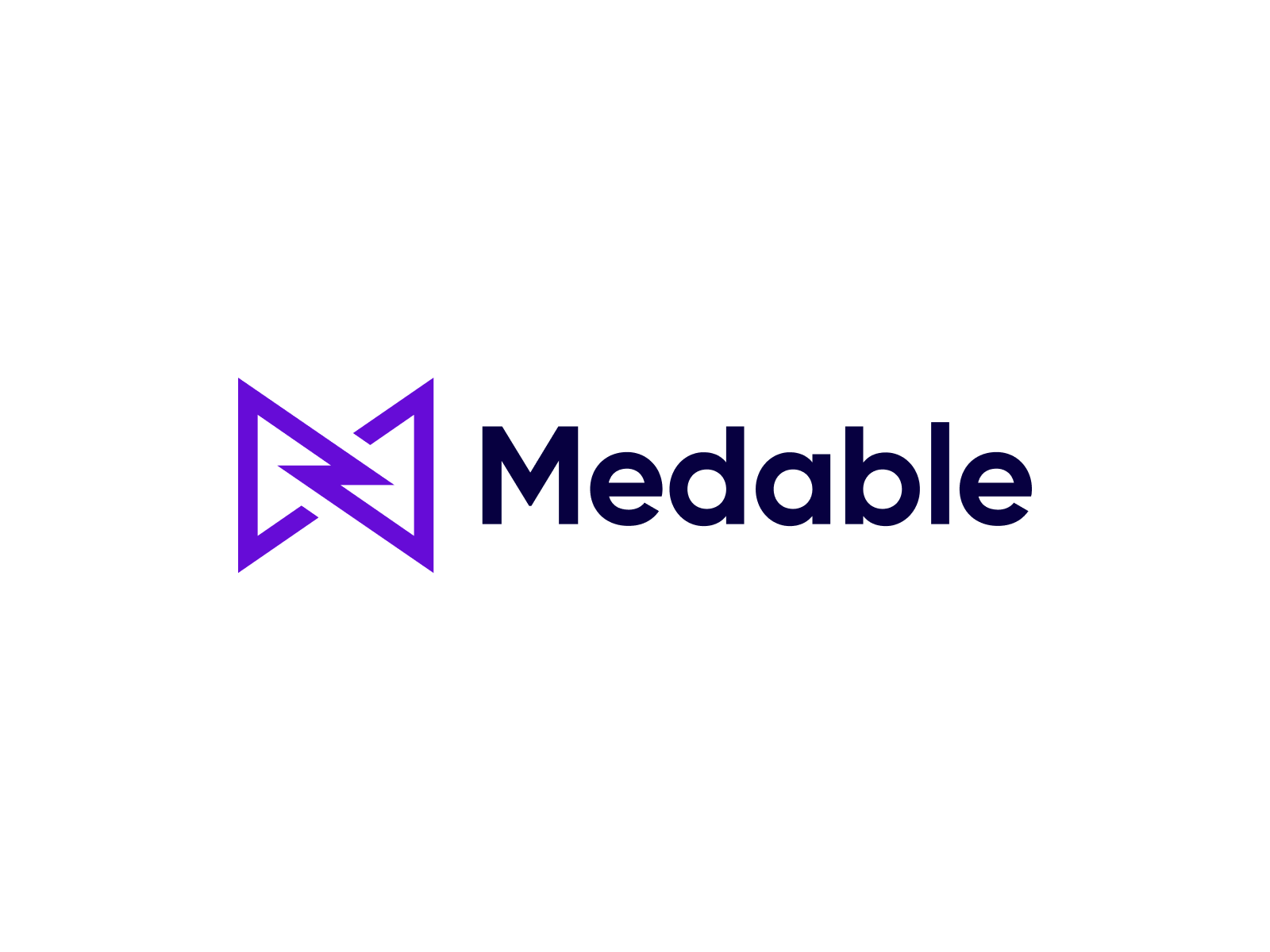Evaluating Educational Providers in the New Watchdog Environment Marsha Meyer, R.Ph. Senior VP, Clinical Information Medical Education Industry supported continuing medical education (CME) is down in 2004, as pharmaceutical companies continue to react to the Office of Inspector General’s (OIG) revised standards for CME. Despite clinicians voicing their concerns about the reduced number of events, pharmaceutical companies are scaling back support to err on the side of caution until their internal processes are redefined. As the industry’s understanding of today’s regulatory environment becomes more clear, many expect a rebound in 2005. Undoubtedly, many pharmaceutical marketers have witnessed compliance initiatives implemented in their companies this year. Most often, compliance officers and/or committees must take the helm of any and all educational efforts being supported under the new OIG guidance. Operating Standards Although the guidance adds to the time and due diligence required by pharmaceutical firms to approve grant support for CME, the extra effort will not be in vain. The revised standards hold commercial supporters accountable for compliant actions similar to how the Accreditation Council for Continuing Medical Education (ACCME) has held its accredited CME providers accountable for the past 25-plus years. The ACCME ensures compliant, effective CME programs and mandates a compliant process for education development. Accreditation remains one of the most important criteria that pharmaceutical compliance professionals should consider as they review their 2005 CME grant requests. The OIG’s Compliance Program for Pharmaceutical Manufacturers states “Codes of conduct promulgated by the CME industry may provide a useful starting point for manufacturers when reviewing their CME arrangements.” The OIG’s revised standards themselves suggest that the CME industry’s codes of conduct are good places to begin when auditing compliance of CME activities, and the ACCME is the industry’s premier authority on this topic. Commercial supporters are heeding this advice. ACCME accreditation has become a prerequisite for grant approval by companies. Today, especially during the grant-request process, compliance professionals frequently inquire about the actual level of accreditation maintained by potential providers. Many also inquire with the ACCME about the length of a provider’s track record and any blemishes it may carry. 2004 Proving Unique In response to reduced commercial support for education in 2004, clinicians attended large, multiday CME events, often sponsored by associations and leading accredited providers. The 2004 U.S. Geriatric & Long Term Care Congress, expanded and renamed in 2005 as the Issues in Aging Congress, attracted about 1,000 clinician learners to Orlando this year. At the congress, clinicians had the opportunity to earn up to 22 CME credit hours on topics related to aging in patients ages 40 and older. Impressive attendance numbers at CME events such as this bode well for similar events still remaining for 2004. Leading events, such as the American Osteopathic Association’s Annual Convention and Scientific Seminar and the 2004 U.S. Psychiatric and Mental Health Congress, are attracting clinicians in droves. The OIG’s revised standards and the compliance efforts in place at pharmaceutical firms have made 2004 a unique year for CME, but leading pharmaceutical firms already are establishing best practices in the new environment. They are finalizing efficient processes to ensure timely and compliant grant approval and leveraging the resources of the ACCME and other CME industry organizations for assistance. Clinicians, associations, and CME providers are making fruitful predictions for 2005. Companies continue to finalize their internal processes for reviewing grant requests, and the outlook for CME in the coming year is overwhelmingly positive. Clinicians, associations, and CME providers are making fruitful predictions for 2005. Pharmaceutical firms continue to finalize their internal processes for reviewing grant requests, and the outlook for CME in the coming year is overwhelmingly positive. CME LLC CME LLC, Irvine, Calif., is an independent provider of continuing medical education and high-quality information for primary-care physicians, psychiatrists, neurologists, nurses, pharmacists, and other healthcare professionals in the United States. For more information, visit cmellc.com. September 2004 VIEW on Marketing
An article from


Evaluating Educational Providers in the New Watchdog Environment
Filed Under:
Commercialization










